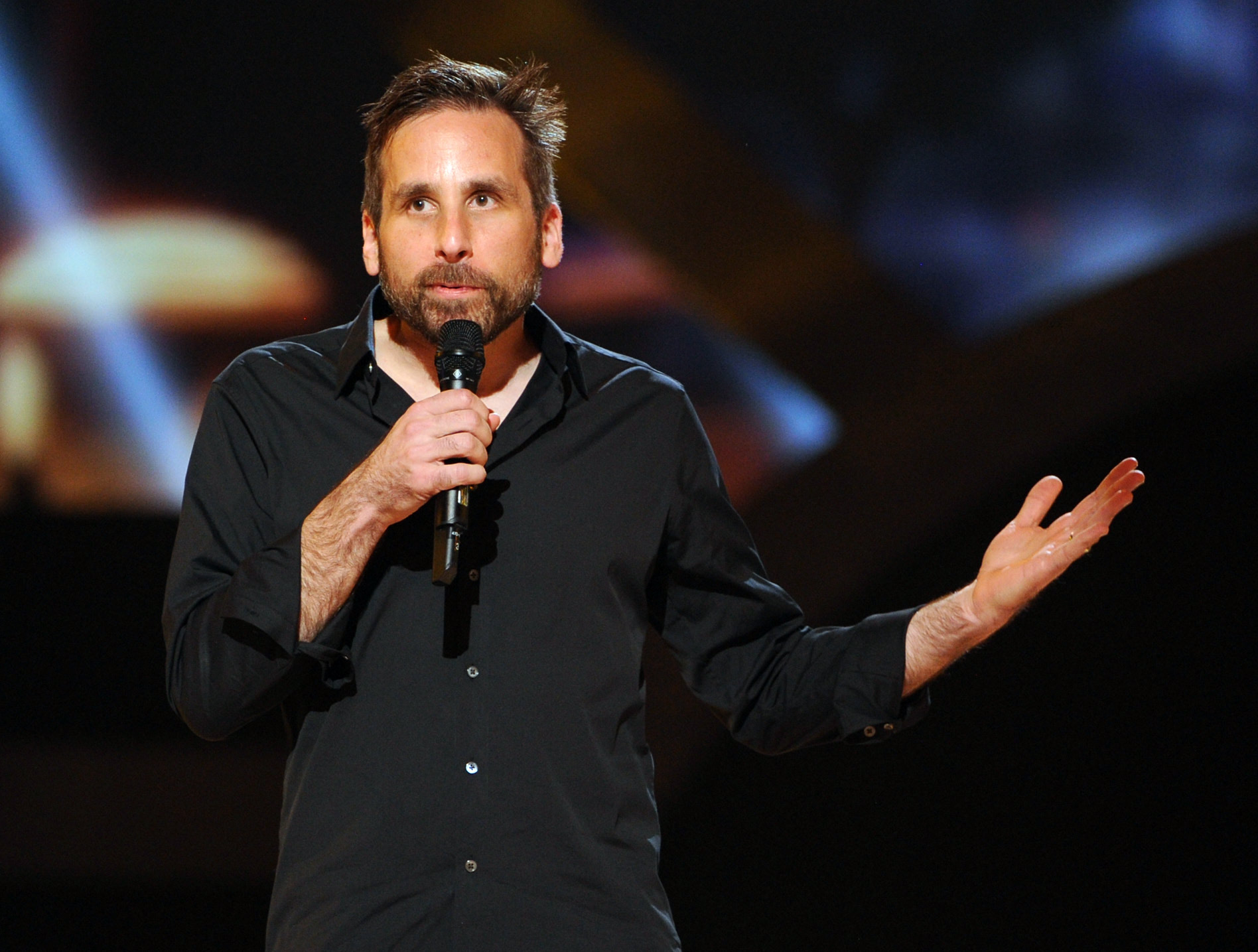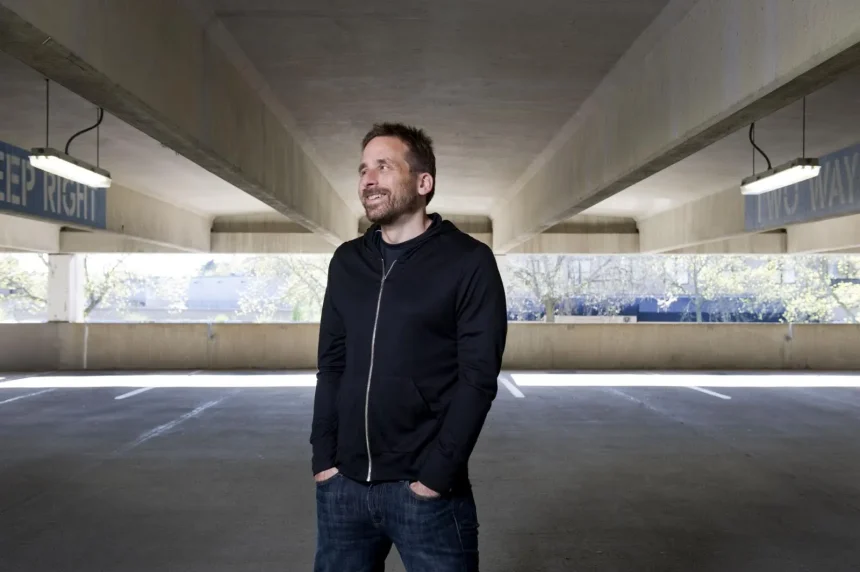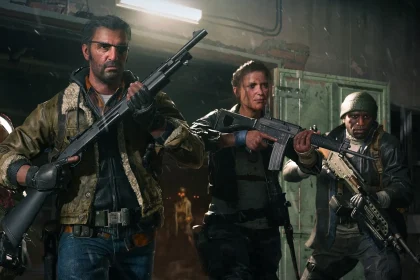Ken Levine, the director behind BioShock and BioShock Infinite, recently discussed the early challenges the series faced, including budget issues, low sales expectations, and a near-cancellation. In an interview with Edge Magazine for their 400th issue, Levine shared insights into the initial resistance to developing a game similar to System Shock 2.
Despite the original developers’ interest in creating a similar immersive sim, Levine was initially against it due to financial concerns, stating that such games did not sell well. Eventually, he was convinced to proceed.
Irrational Games, under Levine’s direction, created an inexpensive prototype to pitch to publishers. However, the pitch was initially rejected because games like System Shock were not considered profitable. In a strategic move, the team decided to pitch BioShock to journalists instead.
This garnered attention through coverage in a System Shock 2 retrospective, sparking interest and demand from publishers. As a result, Rockstar Games and Take-Two acquired the publishing rights and later the entire studio, providing the necessary funding for BioShock.

Despite receiving a modest budget from Take-Two, BioShock faced significant challenges, including the risk of cancellation due to budget overruns and time delays.
Publisher concerns also arose regarding the controversial gameplay element involving the ‘Little Sisters,’ where players could choose to kill them for resources. Nonetheless, these elements were retained in the final game, which contributed to its distinctive narrative and gameplay experience.
Ultimately, Take-Two’s decision to support BioShock proved successful. The game became a major hit, leading to the development of two sequels and accumulating sales of over 41 million copies.
The franchise’s success also spurred a live-action film adaptation by Netflix, promising new twists on the original story. Furthermore, a fourth game in the series is currently in development, although Levine is not involved, having left to work on a new project called Judas.
Irrational Games shut down about a decade ago, but the legacy of BioShock continues to thrive. Levine’s recounting of the series’ turbulent beginnings highlights the risks and rewards of innovative game development. BioShock’s eventual success is a testament to the creative vision and perseverance of its developers, solidifying its place as a landmark in video game history.







